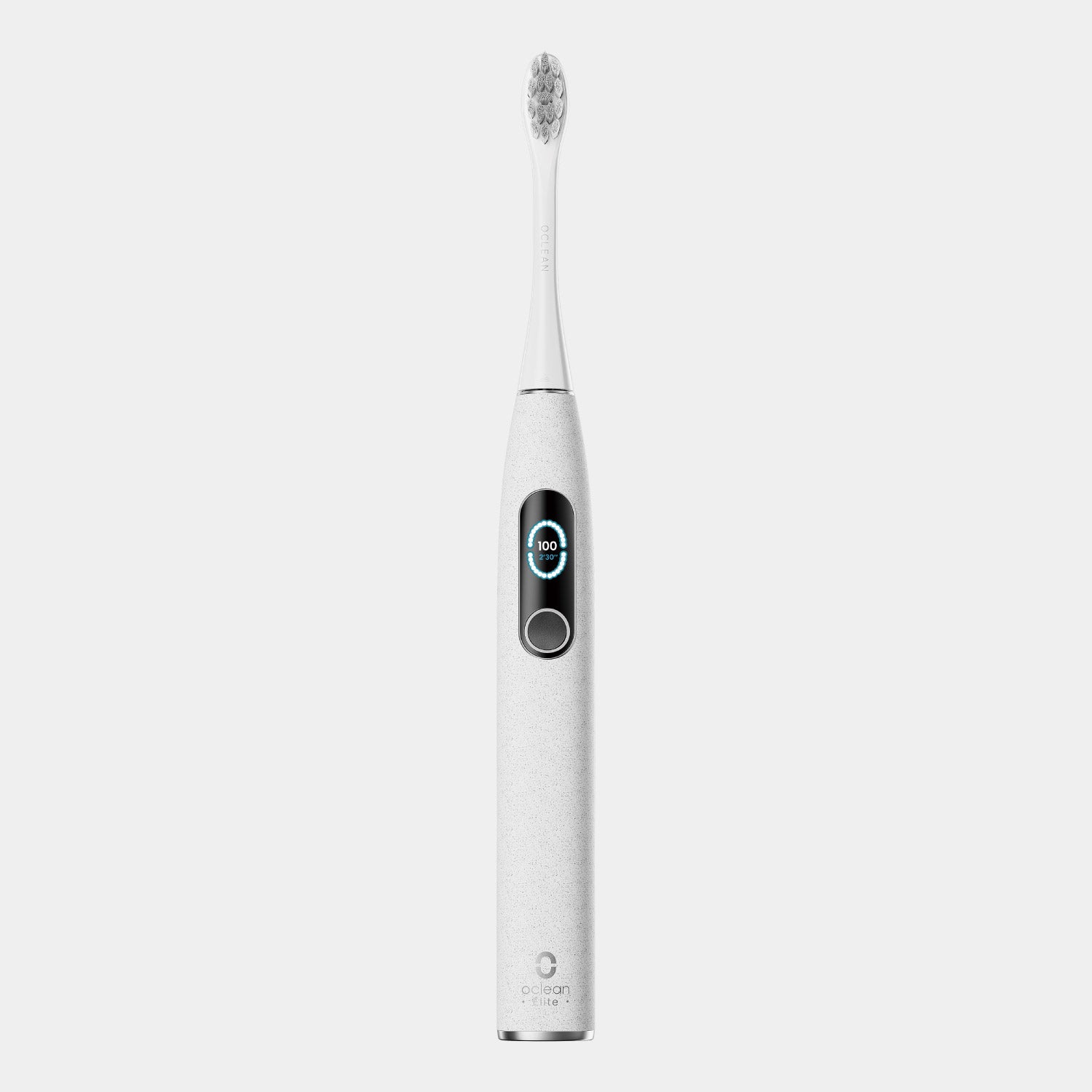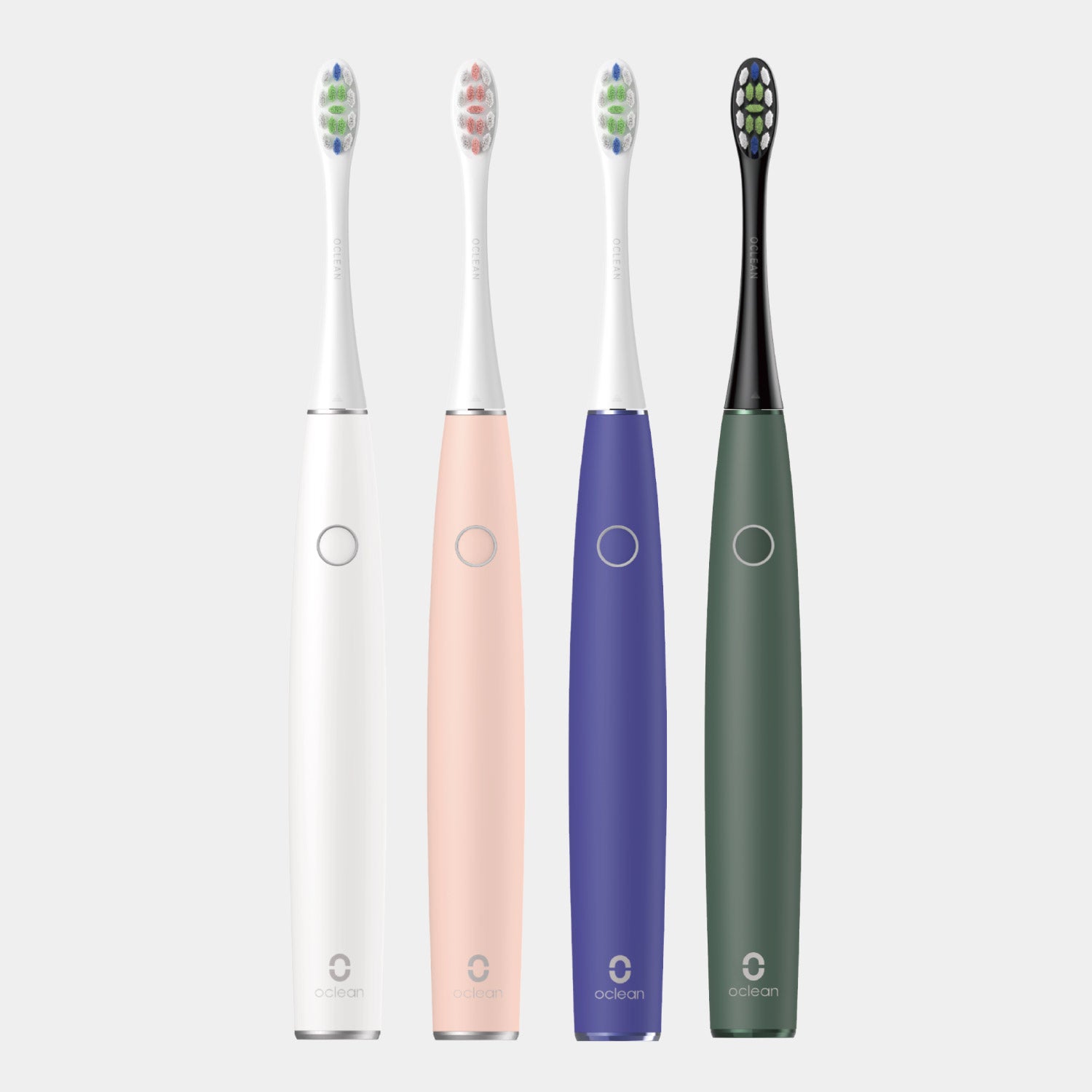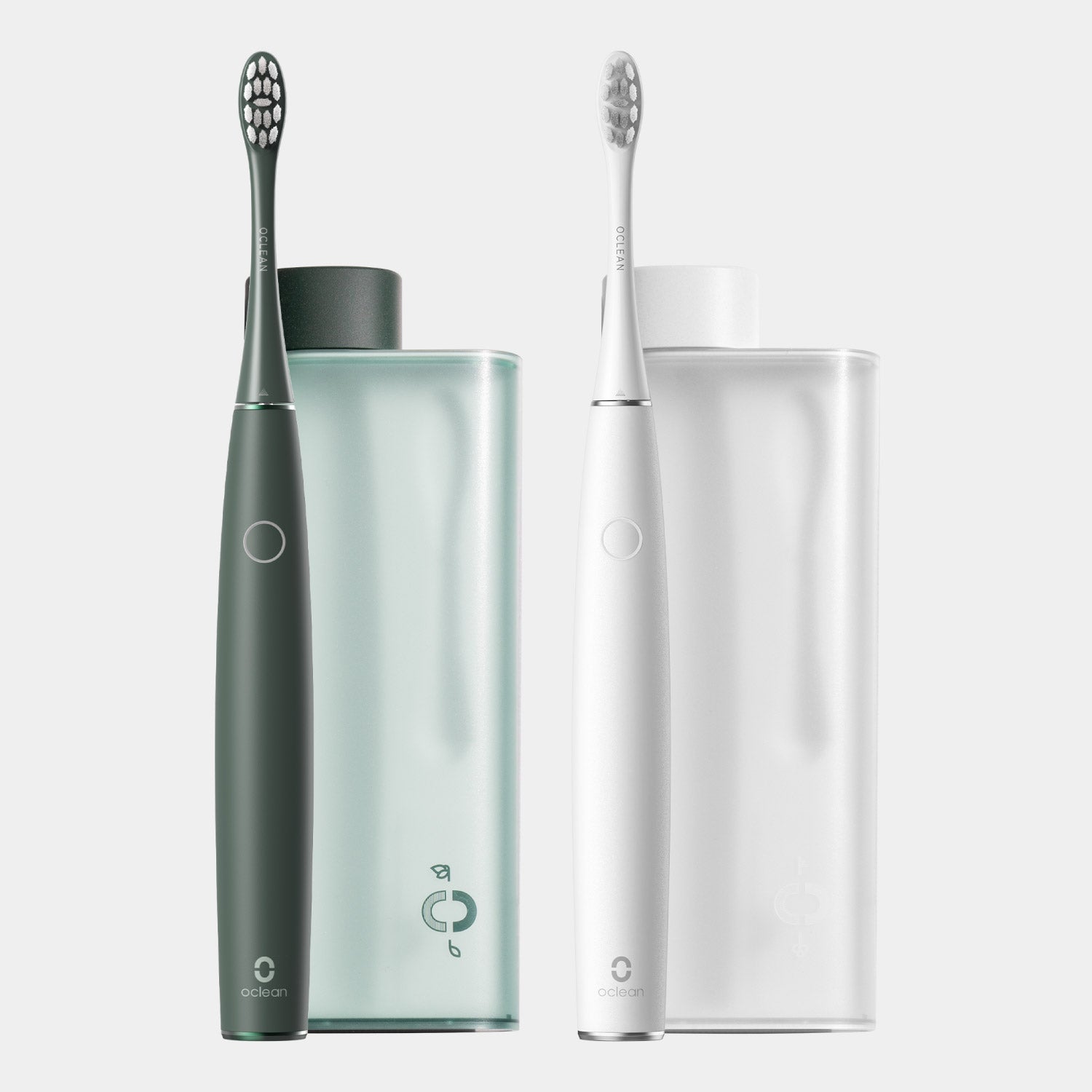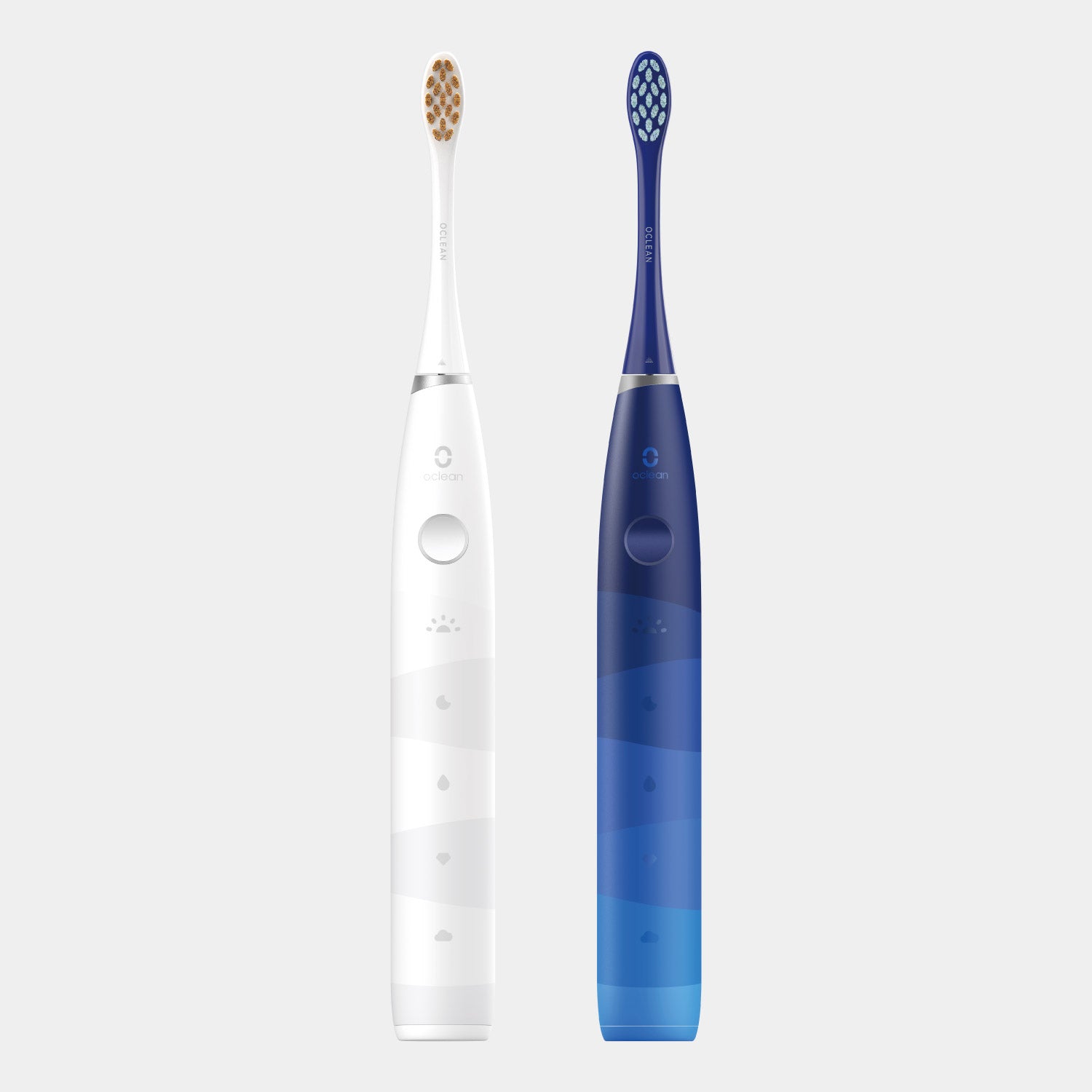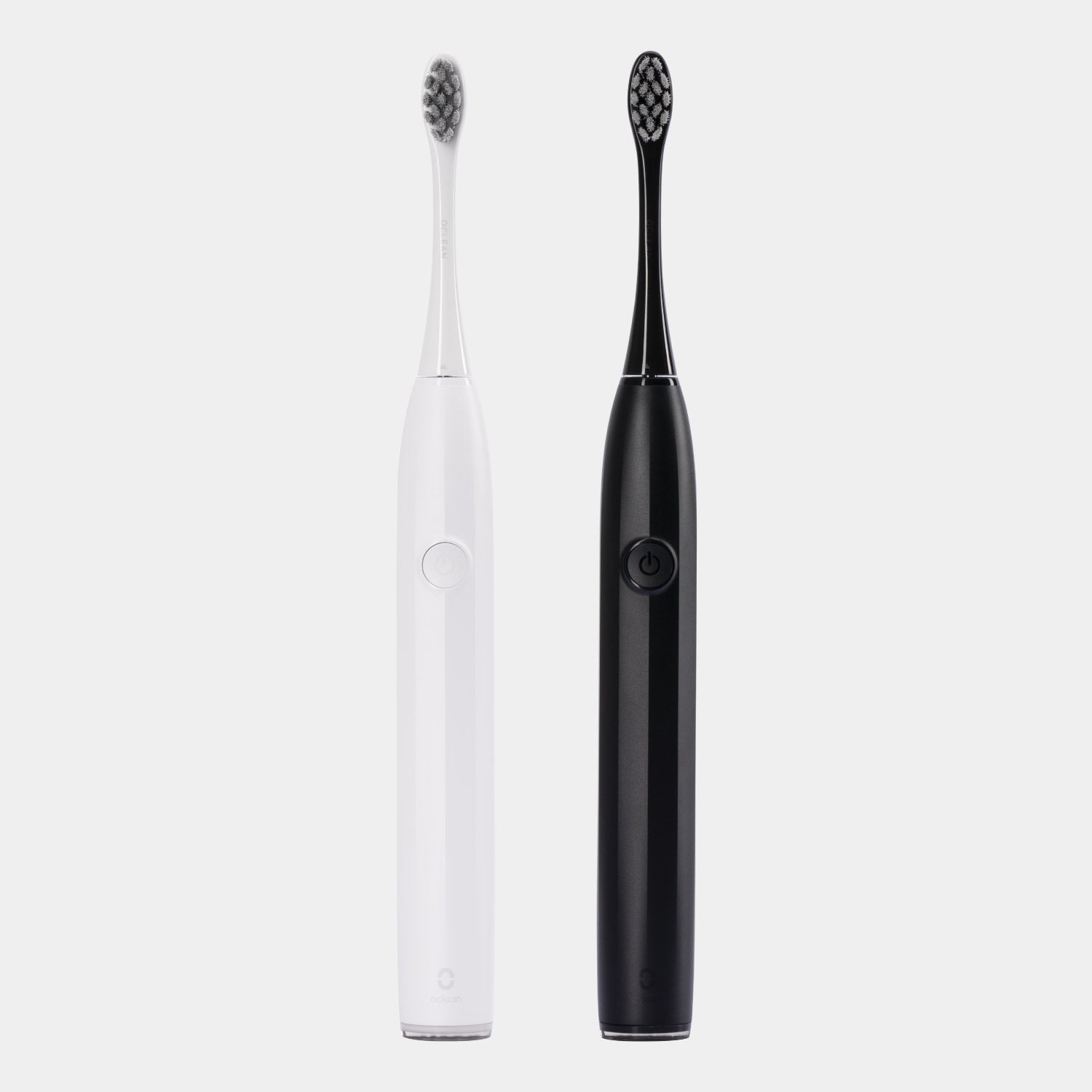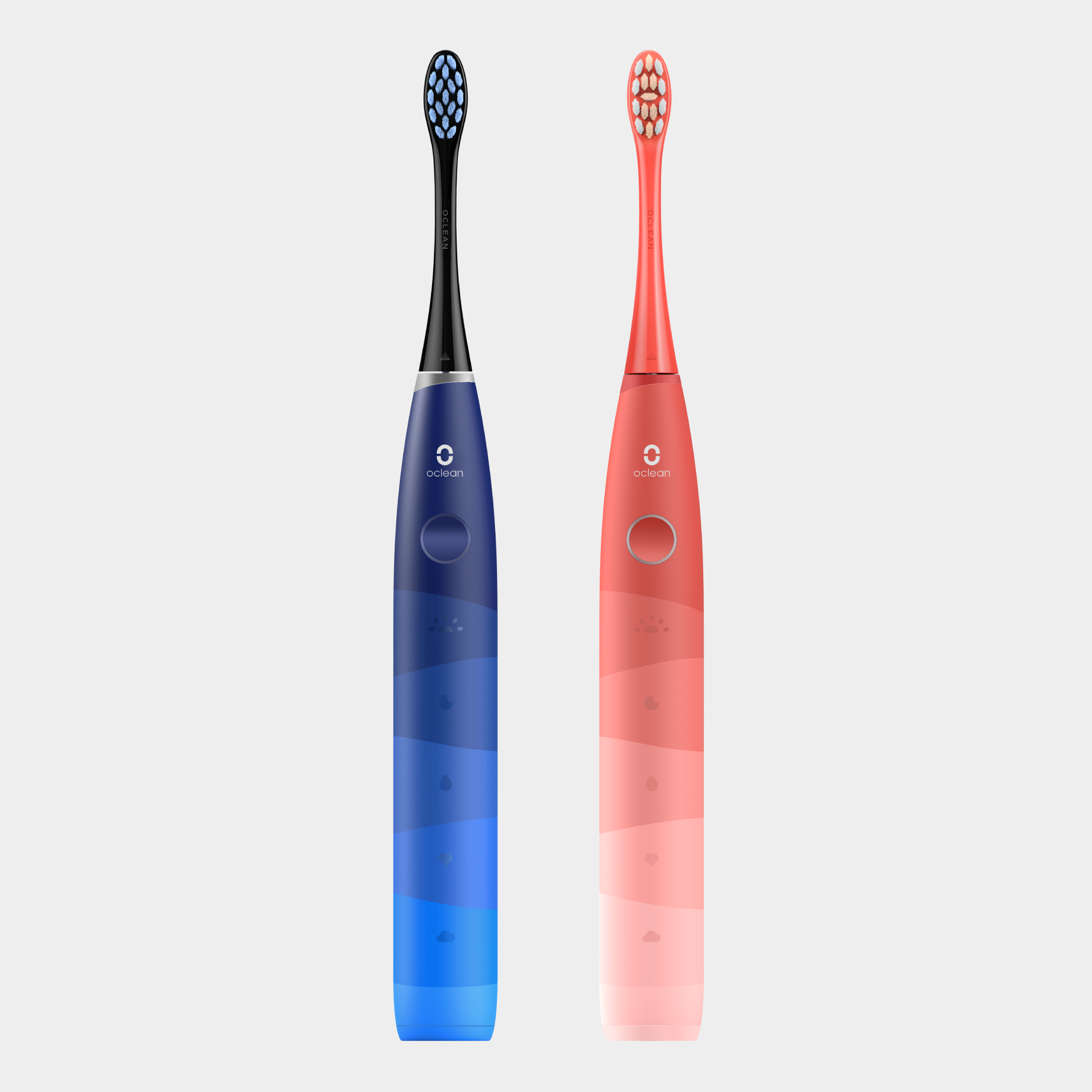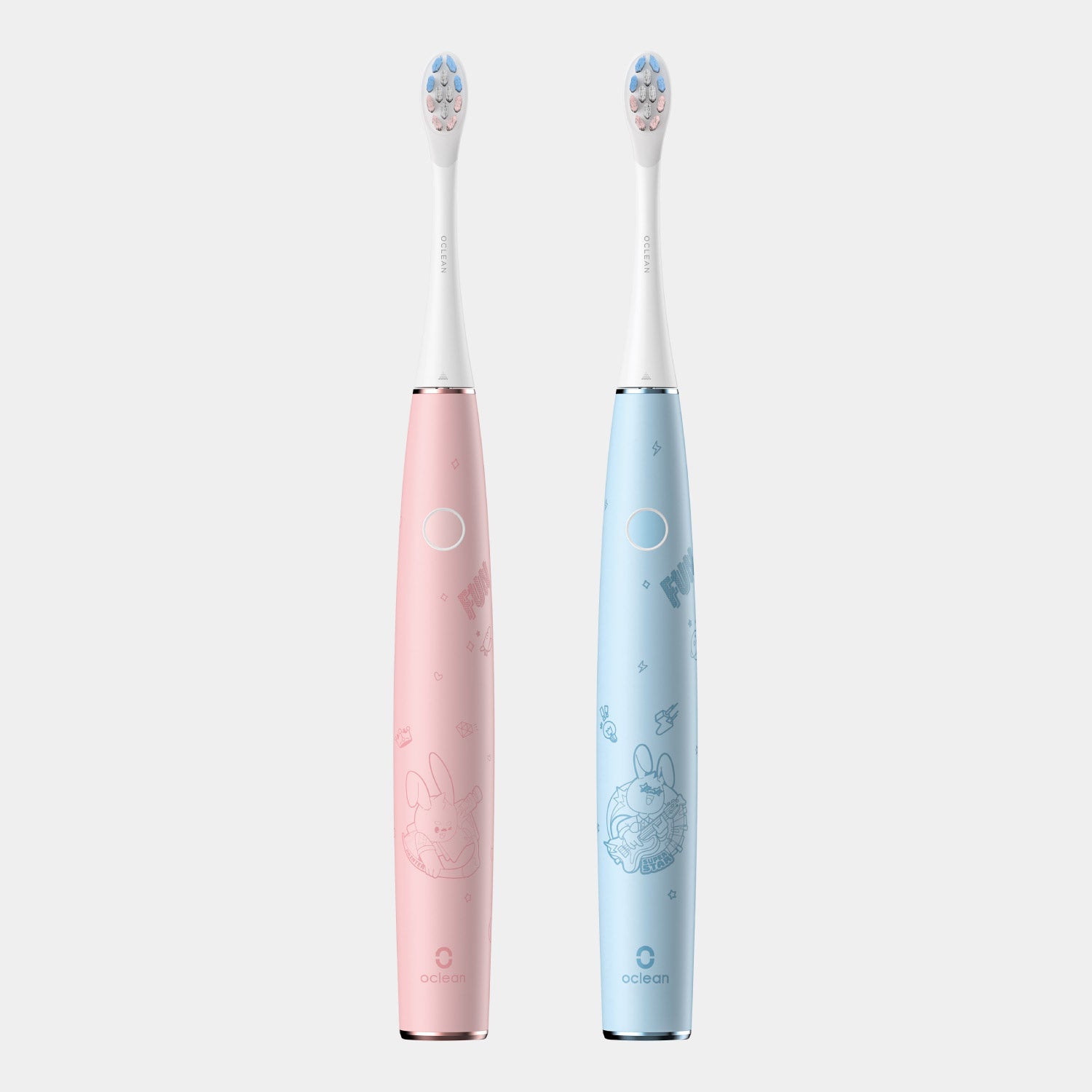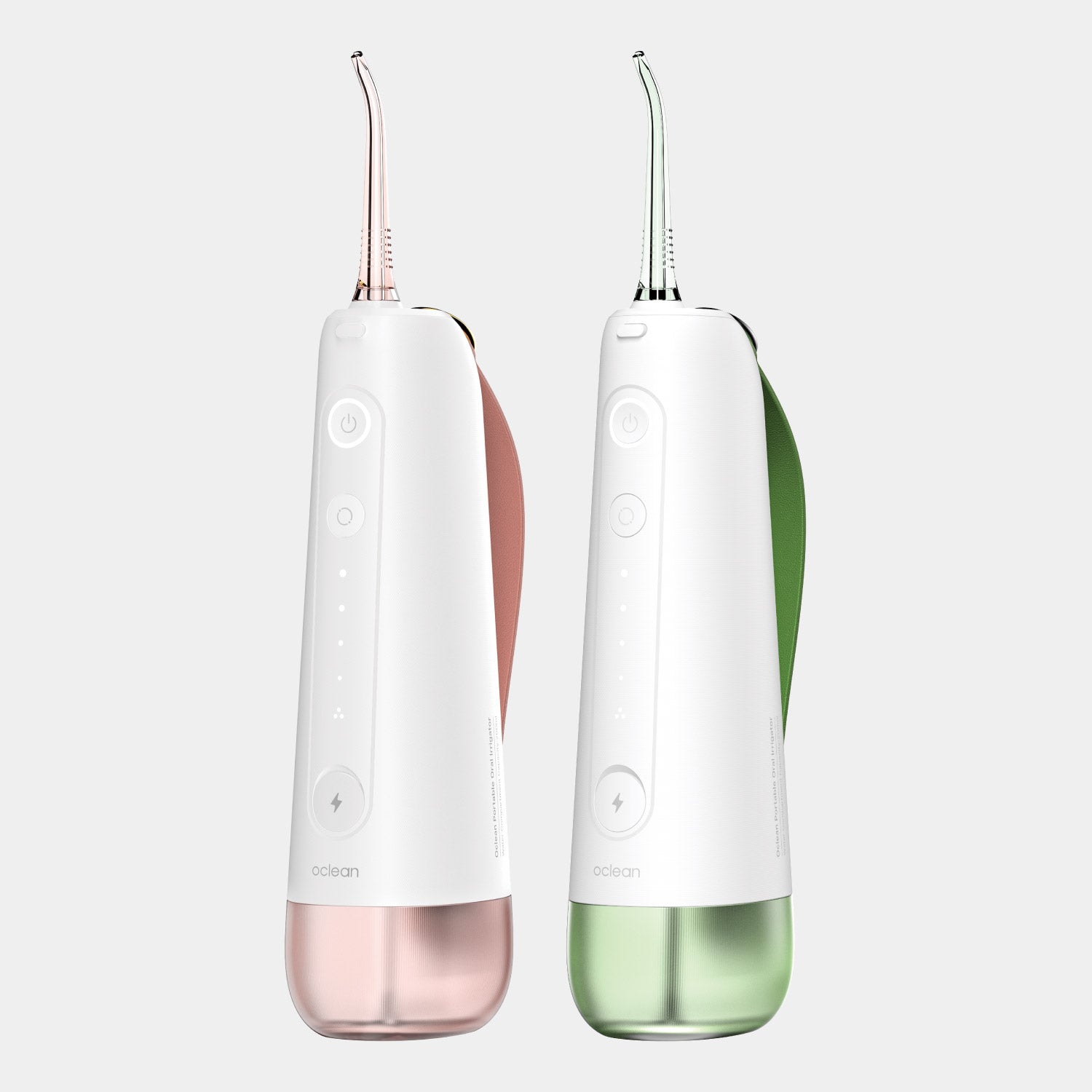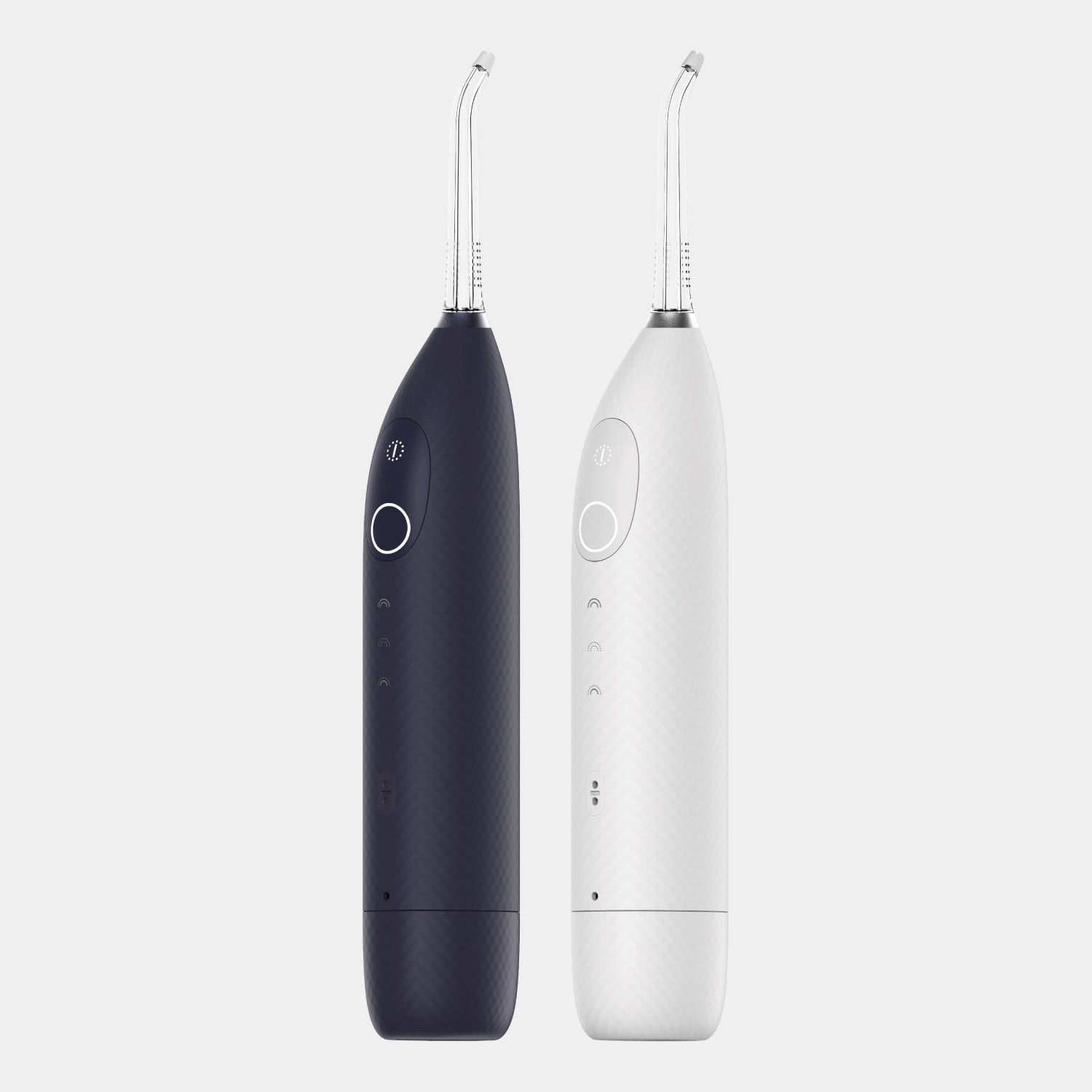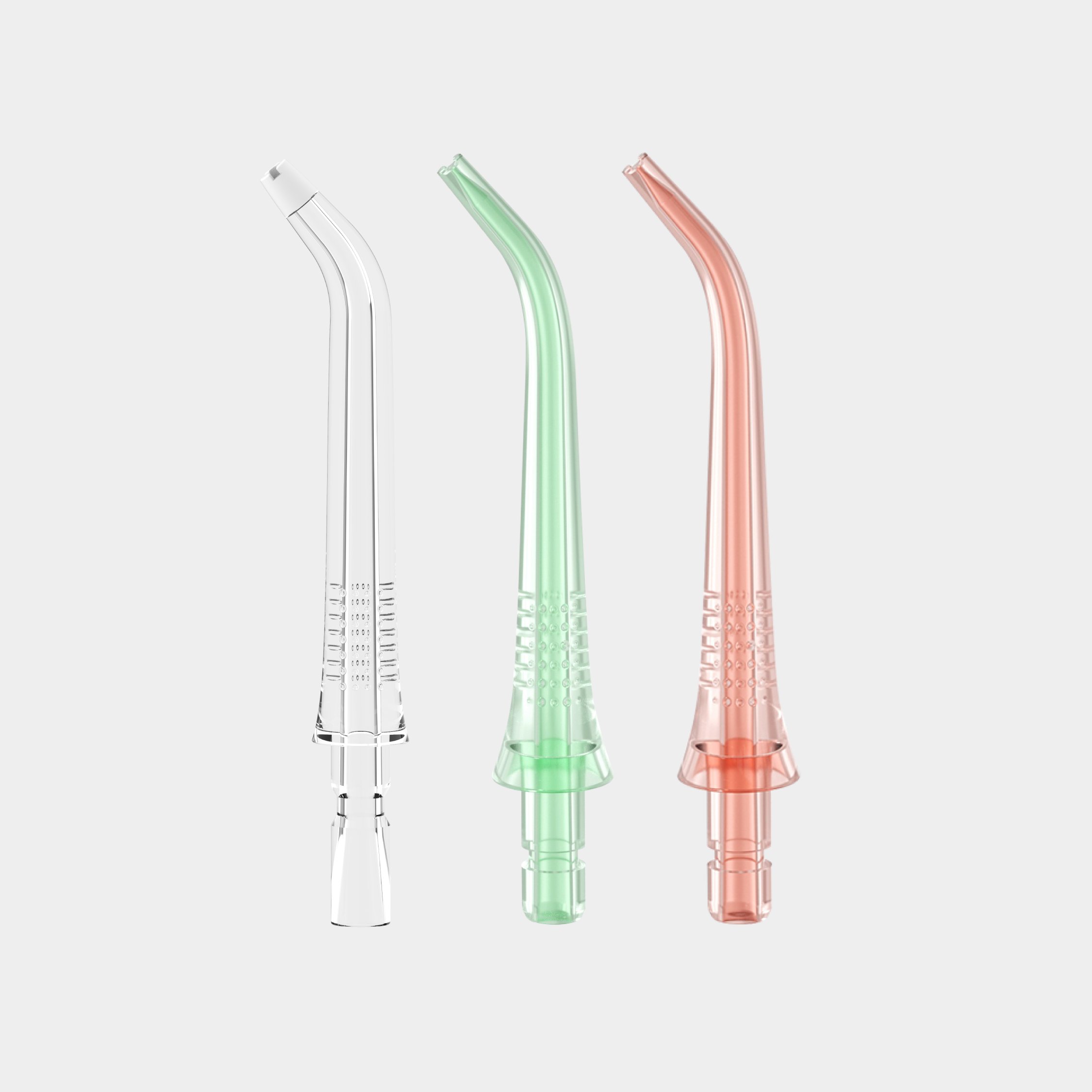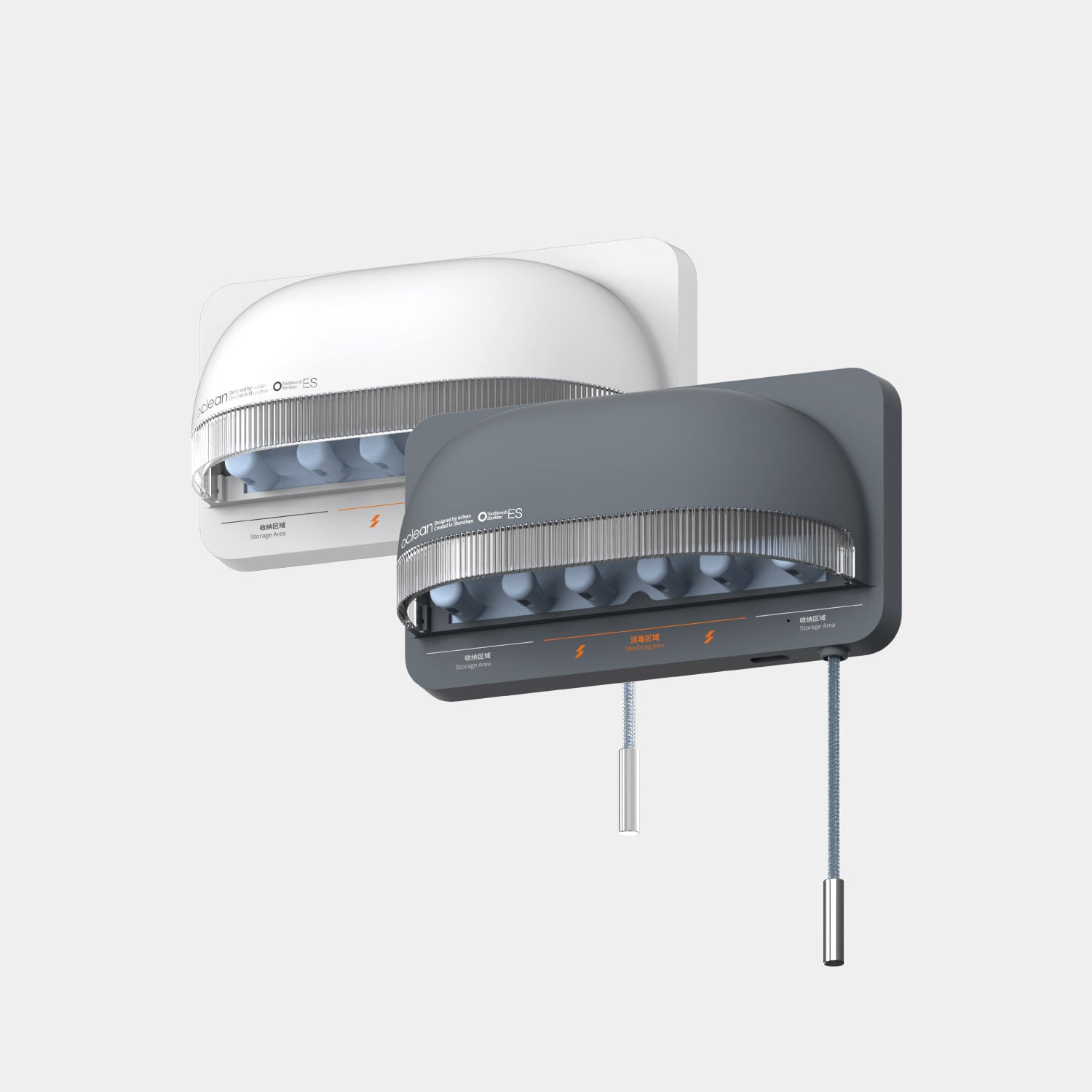Tooth extraction is the most common dental procedure. If you are also scheduled for tooth extraction, you might have many questions, but surely one of the most common ones is, "Can I drink coffee after tooth extraction?" Most of us start our day with a cup of coffee, but after a tooth extraction, you must take care of what you consume for proper healing.
After tooth extraction, a gap remains inside your gums. Your body probably needs a few hours to cover this gap with a protective clot to promote healing. If you drink coffee too soon after tooth extraction, this protective clot may get dislodged, leading to complications such as dry sockets.
In this article, we will discuss the risks of drinking coffee after a tooth extraction, when it is safe to drink, and how to do so without compromising your recovery.

The Basics of Tooth Extraction and its Recovery
Tooth extraction is performed for various reasons, including tooth decay, infected teeth, and impacted wisdom teeth. During this process, a dentist or oral surgeon will properly remove the tooth from the socket in the bone. An open wound will also remain at the extraction site.
Shortly after the procedure, the body starts the healing process. A protective clot fills the empty socket. This clot serves to protect the exposed tissues, such as underlying bone and healing gum.
The healing process generally takes 1-2 weeks, but this time can vary from person to person. Additionally, full recovery might take several months, depending on the complexity of the extraction. Therefore, during this time, it's incredibly important to follow your dentist's aftercare instructions.
These may include eating soft foods, avoiding certain drinks, and practicing good oral hygiene to prevent infection. It's also recommended to avoid any activities or substances, like smoking or drinking coffee, that could disrupt the healing process.
Additionally, it is important to recognize that healing times vary from patient to patient. Factors such as individual health conditions, the complexity of the extraction, and adherence to post-operative care instructions can influence the recovery timeline. Therefore, always follow the personalized advice and instructions provided by your dentist to ensure optimal healing.
Why Should You Avoid Coffee Immediately After Tooth Extraction?
Your mouth tissues are most vulnerable immediately after a tooth extraction, especially during the first 24 to 48 hours. Therefore, you must avoid anything that disturbs the blood clot formation in the extraction site. The earlier you drink coffee, the more likely you will have dry sockets, increased pain, and slowed healing.

Risk of Dry Socket
A dry socket occurs when the blood clot formed at the extraction site has either been dislodged or failed to form properly. In such circumstances, bones and nerves are exposed to air, food, and bacteria, which causes significant pain and slows healing. Therefore, it is safe to avoid drinking coffee after tooth extraction for at least 24-48 hours.
Furthermore, some experts recommend avoiding hot coffee for up to 5 days post-extraction to ensure that the blood clot remains undisturbed and that the healing process proceeds without complications.
Temperature Sensitivity
Before the tooth procedure, your dentist or oral surgeon injects a local anesthetic to numb the area. For this reason, the area might give you a slight burning sensation. The sensation or pain can get worse if you drink coffee or other hot beverages immediately after a tooth extraction.
Caffeine and Blood Pressure
The second aspect is the effect of caffeine on blood pressure. Caffeine acts as a stimulant, thereby increasing heart rate and blood pressure. High blood pressure can alter clotting and even prolong bleeding at the extraction site.
Research also indicates that caffeine delays recovery due to its action on blood vessel constriction, making proper clotting almost impossible. For this reason, most dentists advise against caffeine or at least reduce its intake in the early days of recovery.
When Is It Safe to Drink Coffee After Tooth Extraction?
Generally, you should be able to introduce coffee at lukewarm or room temperature after 48 hours of tooth extraction. However, some sources recommend waiting up to 5 days before resuming hot coffee to ensure complete healing. Though you have already passed the critical time, you should still follow a couple of specific guidelines so that your recovery is not unduly disturbed.

Gradual Reintroduction
After the first 48 hours of recovery, the immediate dangers of drinking coffee start to fade, but you still need to take precautions. If you choose to consume coffee, it should not be hot, as hot coffee can delay the healing process. Always test the temperature of your coffee before taking it.
Don't just start drinking coffee at your regular pace. Instead, start slow. For example, instead of a whole morning cup of coffee, start with half a cup this time. Observe for a few hours. If you notice any irritation, pain, or bleeding, stop drinking the coffee and consult with your dentist.
If everything remains fine, gradually increase the amount or frequency of coffee you drink, depending on your specific needs and preferences.
General Recovery Timeline
Healing times vary from patient to patient, so you must simply follow the advice of your dentist, who can review how well you are healing.
In some cases, following extractions such as wisdom teeth, more time will be required before it is safe to resume hot beverages.
Tips for Drinking Coffee Safely Post-Extraction
For the coffee enthusiast, not drinking that daily cup during recovery can be a very hard thought. However, there are ways to enjoy this favorite beverage while safely healing a tooth extraction. Here are some tips for reducing the risks accompanying drinking coffee and continuing with the attention of your recovery process.

Select Lukewarm or Iced Coffee
Instead of hot coffee, you should opt for a cooler lukewarm temperature or even iced coffee. Some of the drinks that may not irritate the extraction site include iced coffee and cold brew coffee. Avoid hot liquids until you are assured the healing process is almost complete.
Avoid Using a Straw
Never use a straw to drink any liquid, including coffee. The suction of a straw may cause negative pressure within your mouth, which might cause the blood clot to dislodge and lead to dry socket. Always sip your coffee from the cup.
Monitor Your Healing
As you begin to take coffee again, be sensitive to pain and swelling. If the site of the procedure hurts or there is increased bleeding, you should stop taking coffee and report to the dentist. Monitoring the healing process will help you make the best judgment about whether it's time to drink coffee again.
Alternatives to Coffee During Recovery
If you cannot risk drinking coffee after the extraction, don't worry; there are many other splendid options that will keep you energized and hydrated without risking your mouth healing.

Herbal teas
Herbal teas can be a soothing and caffeine-free alternative to coffee. Drink them at room temperature or lukewarm, as hot liquids may still cause discomfort or disrupt the healing process.
Teas like chamomile or peppermint can also have calming effects, helping to relax your body during recovery.
Decaffeinated coffee
If you miss the taste of coffee, try drinking decaffeinated coffee when it has cooled down. This way, you can satisfy your desire for coffee without the stimulative effect of caffeine, assuming it is not too hot. But, in any
Water
Hydration is the most important thing for your recovery, and the best source of hydration is water. Drinking plenty of water will clean out your mouth, minimize swelling, and flush out bacteria. You can drink coconut water for a little natural sweetness that is gentle on your recovery.
Milk
Drinking milk ensures a well-balanced intake of nutrients, including calcium, protein, carbohydrates, and fats. This will promote healing by nourishing the blood supply of the socket.
Whatever drink or beverage you choose, be sure not to drink it with a straw as this might dislodge the clot, making the drink hazardous instead of beneficial.
Smoothies
The yummiest alternative one can opt for is a sweet smoothie, such as the famous strawberry smoothie. These contain all the important vitamins your body needs. One pertinent thing to mention is to properly blend all the fruit seeds, as they can get stuck in your socket and cause complications.
Non-Carbonated Drinks
Sparkling water, a fruit punch, orange juice, and lemonade are some drinks you can consume instead of a hot coffee. Other options include flavored water, sports drinks, and sweetened tea.
How Soon After Tooth Removal Can I Drink Coffee?
A span of 5 days is usually recommended to halt your coffee-drinking habits. However, as mentioned earlier, you can drink coffee at room temperature after 24 hours. The reason is mentioned in the preceding section of this article.
One more thing should be kept in mind when considering the time span, i.e., every human is different from one another. There can be a person with blood problems that he might not know about. Same goes for any other pathology present in the human body. Therefore, it’s always necessary to follow the post-op instructions of your dentist.
How to Speed Up Healing After Tooth Extraction?
You need to follow a “5-point agenda” to fasten the healing process. Not only will this promote healing, but it will also ensure the prevention of complications associated with extraction.
1. No Exercise After 24 Hours
Exercises like running, jogging, or hitting the gym are healthy in day-to-day life. But when it comes to tooth extraction, exercises should be avoided for the first 24 hours. Here’s why. Exercise increases blood flow throughout the body. For a freshly extracted socket, the formation of a blood clot is imperative. The increase in blood flow will prevent its formation.
2. Mouth Rinsing After 24 Hours
The first and foremost goal after a tooth extraction is to inhibit bacteria. This is because bacteria increase the chances of infection and block the healing process. Salt water acts as a superman when it comes to destroying bacteria. Thus, rinsing your mouth with salt water after the first 24 hours is always recommended.
3. Avoid Alcohol, Hot Coffee, and Tobacco for 24 Hours
All three can dislodge the blood clot if consumed within 24 hours of tooth extraction. A painful dry socket may ensue as a result. Thus, it is always recommended to avoid them for the first 24 hours.
4. No Straw for the First 24 Hours
The use of a straw is considered an act of mannerism in everyday life. However, if you’ve got your tooth pulled, you must avoid using one for 24 hours as it can lead to post-extraction problems.
5. Taking Care of Oral Hygiene
The American Dental Association (ADA) recommends brushing teeth twice daily. Alongside brushing, it also recommends flossing. Oral care is of significant importance – especially after tooth extraction. This is because the ultimate goal is to inhibit the growth of bacteria.
Technology dominates every aspect of human life. The same holds true when it comes to oral care. Sonic toothbrushes are excellent oral care products to suit your oral needs. Brands like Oclean offer a wide variety of such products. For instance, the newest product, Oclean X Pro Digital, will improve your oral health with a comfortable brushing experience, ensuring that your teeth are cleaned gently without irritating the extraction site.
Oral Hygiene During Recovery
Good oral hygiene after tooth extraction is one step that guarantees easy recovery. The area must always stay clean to prevent the onset of infections and ensure proper healing. Be careful not to irritate the area while cleaning.
Light Brushing
Clean your teeth at the extraction site by using a soft-bristled toothbrush. Avoid excessive pressure on the site as it may irritate and interfere with healing. Sonic toothbrushes are good at this time because its soft vibrations manage to clean the teeth without grinding away at them too roughly.

Sonic toothbrushes
The best care for post-extraction is through a sonic toothbrush. This often tends to be gentler upon its surface and cleans in a more perfect way than would happen with the manual brushing technique. It cleans around the site, using vibrations to remove bacteria and plaque without irritating it.

Washing
After this cleaning, rinse your mouth with warm salt water to take care of the area where the tooth was extracted. Never use any harsh and alcoholic mouthwashes that could irritate your mouth.

The Bottom Line
We know you want to start your day with a cup of coffee, and we are not recommending you stop drinking it once and for all. But there are a few cases where you might need to be extra cautious and take care of your health rather than your taste. One of those cases is when you recently had a tooth extraction surgery.
After tooth extraction, your gum needs a couple of days to heal properly. Therefore, it is best to avoid drinking coffee after tooth extraction for at least 24-48 hours. However, some sources recommend waiting up to 5 days before resuming hot coffee to ensure complete healing. But every person has unique health needs. There is a chance that some of you may need more time for proper healing. Therefore, you can start drinking coffee only after consulting with your dentist.
To speed up healing after tooth extraction, follow a comprehensive 5-point agenda: avoid exercise for the first 24 hours, begin mouth rinsing with salt water after 24 hours, refrain from alcohol, hot coffee, and tobacco for 24 hours, avoid using straws, and maintain meticulous oral hygiene. Additionally, consider using a sonic toothbrush like the Oclean X Pro Digital to ensure gentle and effective cleaning without disturbing the extraction site.
Also, don't forget to practice good oral hygiene practices to promote the healing of tissues and reduce your risk of infections.



